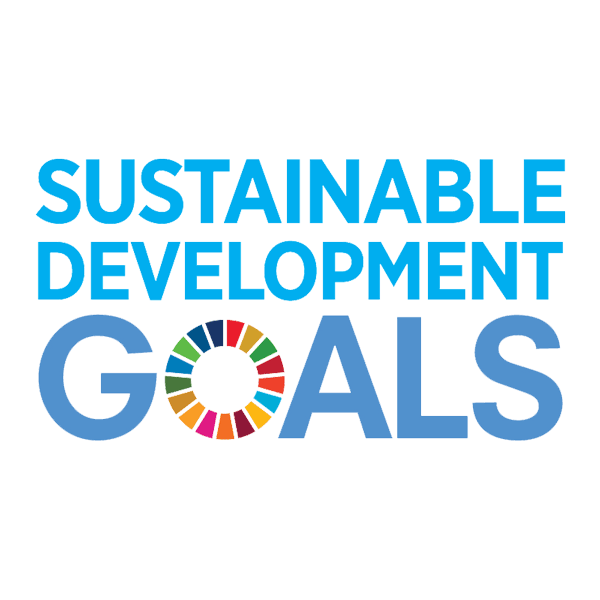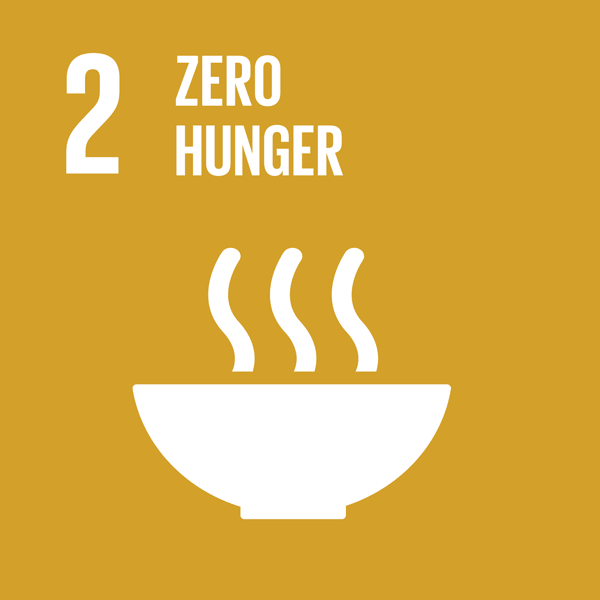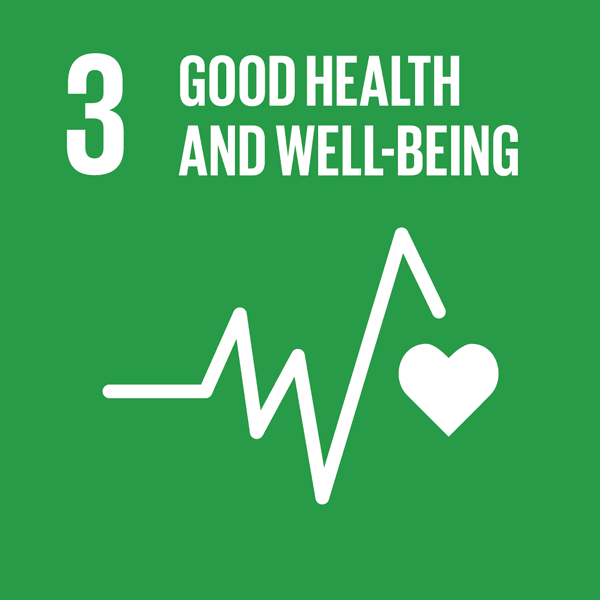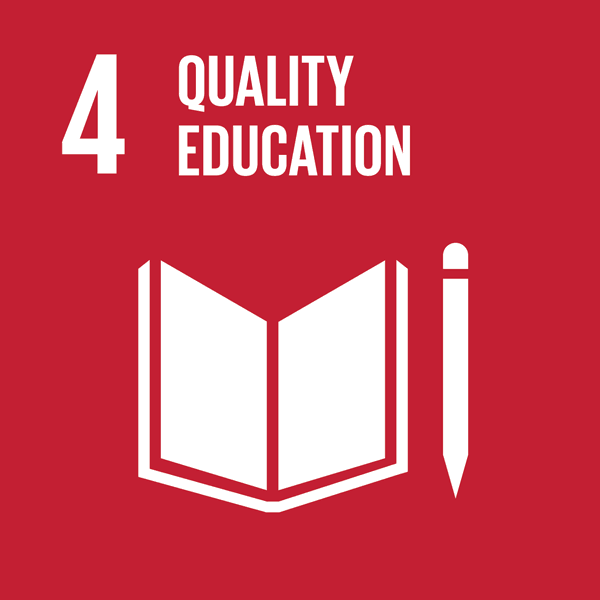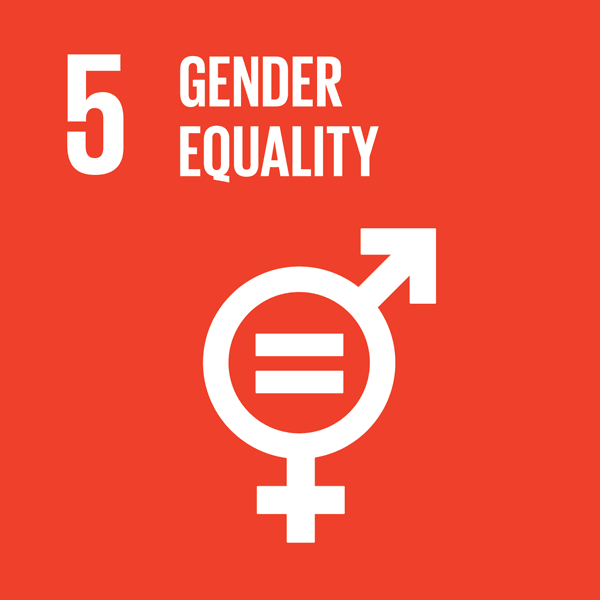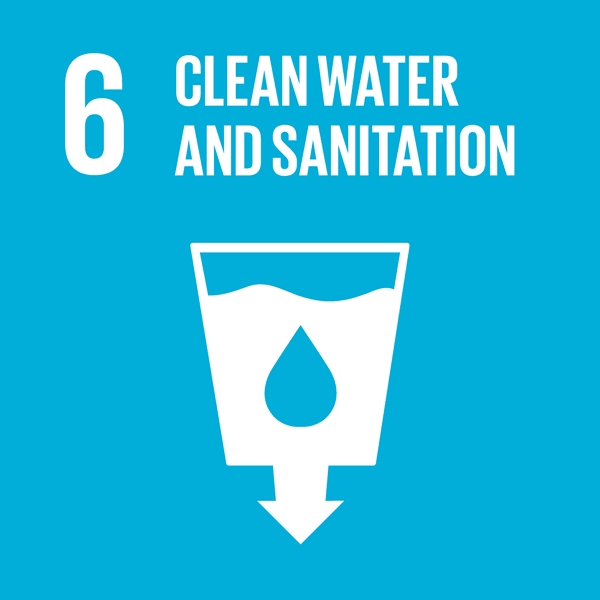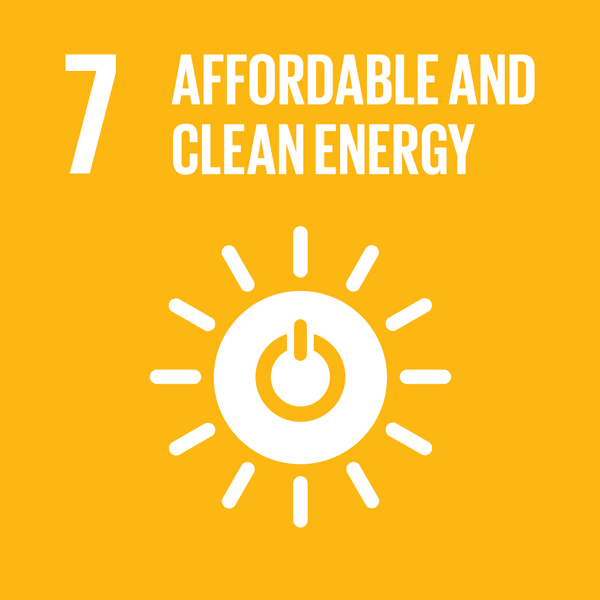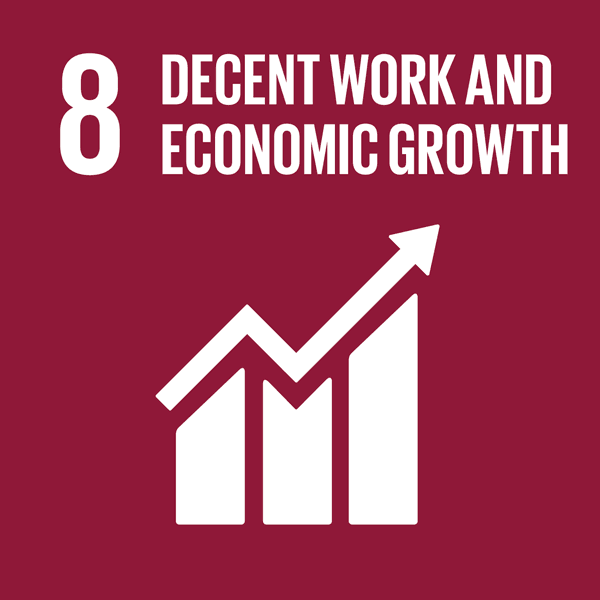SDG
11
Sustainable Cities and Communities

Goal 11: Sustainable Cities and Communities
Make cities and human settlements inclusive, safe, resilient and sustainable
Sustainable Development Goal 11 (SDG 11) aims to make cities and human settlements inclusive, safe, resilient and sustainable. This goal is crucial for improving the quality of life in urban areas, promoting social inclusion, and enhancing environmental sustainability. At ISO, we are committed to supporting SDG 11 through our standards, which provide frameworks and solutions that enhance urban planning, improve city services, and promote sustainable development in communities.
How ISO Standards Support SDG 11
ISO standards play a vital role in supporting SDG 11 by addressing key aspects of urban development and community sustainability. Our standards help cities and communities improve their infrastructure, enhance resilience, and implement sustainable practices. Here are some of the relevant standards:
- Provides a framework for communities to develop and implement sustainable development strategies.
- Helps local governments and community organizations improve quality of life, enhance environmental performance, and promote economic prosperity.
Take Action: Implement ISO Standards to Support SDG 11
Interested in learning how your organization can contribute to creating sustainable cities and communities through the implementation of ISO standards? Download our comprehensive guide to understand the role of ISO standards in achieving SDG 11 and other global goals. Together, we can work towards inclusive, safe, resilient, and sustainable urban environments for all.
